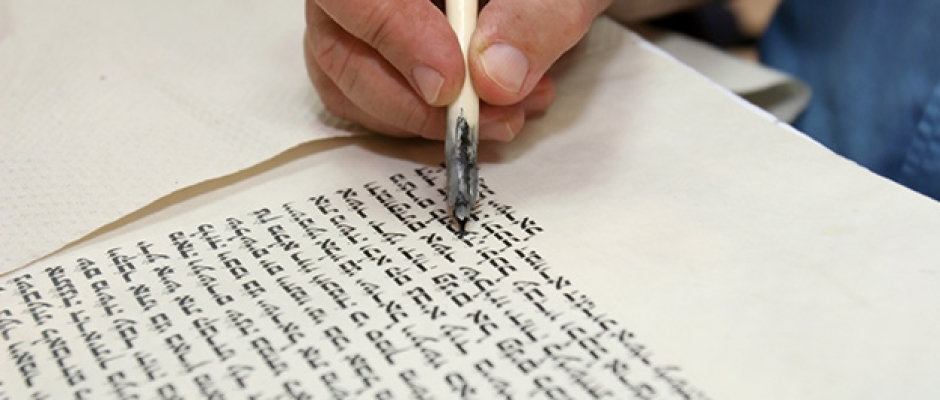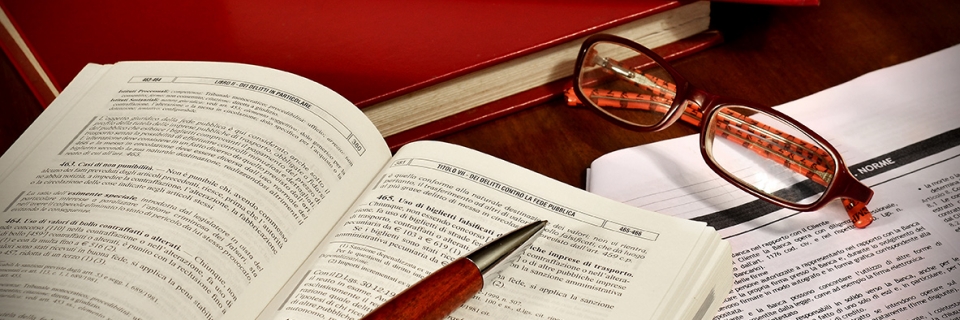
FAQs
Please click on each tab to view answers by topic to some of our most Frequently Asked Questions.
Call Anthony M. Campo & Associates, 317-359-1111, to discuss your questions.
Anthony M. Campo & Associates, Attorneys at Law
Intelligent-Integral-Aggressive-Effective
...Serving Indiana litigants with knowledge, integrity and experience for over thirty years.

Frequently Asked Questions: Personal Injury
Why should I hire Anthony M. Campo & Associates for personal injury claims? We have years of experience guiding clients and assisting those clients and documenting damages and losses. Without an attorney on your side immediately to guide you and assist you in protecting your rights, your rights could be minimized and even lost entirely. You can trust that we will put all of our education and experience into your case.
In automobile accident cases, what should I do? Why should I hire Anthony M. Campo & Associates? If you are in an automobile accident and the accident is not your fault but you are injured, wait for the police to arrive, give all necessary information, and immediately go or be transported to the nearest hospital for medical evaluation and treatment. When you arrive at the hospital, be certain to state all of your injuries in the accident, without exception. Then, call our firm for an immediate appointment. As your attorney, we will immediately begin to work on your case and protect your rights. Memories fade. Evidence can be lost with delay. Necessary witnesses can disappear.
Should I give a statement to the insurance carrier? If you are in an automobile accident and you are insured, you should cooperate with your insurance carrier and provide a statement to your insurance carrier. If the adverse insurance carrier calls you, we recommend against providing a statement to the adverse carrier until you retain our Firm. As your counsel, we will be present with you to make certain that all of your rights are protected, and any statement you give is from your own words and your own observations.
If I am in an automobile accident and all the hospital tests are normal but I am still having pain, difficulty, or problems moving around, should I follow up with additional medical care? We are not doctors; therefore, we do not give medical advice. However, as attorneys, we know that if there is a gap in your medical treatment or you do not have medical corroboration of your continuing problems, pain, suffering, or mental anguish, you may have great difficulty proving those continuing medical problems without medical corroboration.
If I am in an accident and the person at fault has insurance, why should I worry about my vehicle and storage? Even if the at-fault driver in an automobile accident has insurance, you should not leave your motor vehicle in storage for any length of time. Storage charges continue every day. The adverse insurance carrier may dispute all or part of the liability. By hiring our firm, we can guide you on property damage issues, as well as personal injury.
Should I take photographs of damage to my vehicle and/or injuries to my body? Absolutely, as soon as possible and as many photographs as possible.
If I am in an accident and I already have an appointment with my doctor, should I wait for the pre-existing appointment? Obtain medical follow-up immediately. Do not combine visits to a medical practitioner for accident-related problems and problems unrelated to the accident.
Should I consider the insurance carrier for the other driver to be my enemy? No, the insurance carrier for the adverse driver is there to protect the rights of the adverse driver, not your rights. Our firm is hired to protect your rights.
If I am in an accident and the accident is not my fault, should I still report the accident to my insurance carrier? Yes, immediately. Also record information on whom and when you provided information to your own insurance carrier. If you do not timely provide notice of an accident to your own insurance carrier and you later need your own insurance, your coverage could be in jeopardy.
Does being organized help me with my case? Yes, there are various details, appointments, documents and other items for follow-up that arise throughout handling of your case. We find that clients who dedicate a folder and a calendar for their case are able to stay organized throughout the duration of cases. By keeping all case-related documents in one place, it is possible to stay organized and quickly locate case materials. By keeping a dedicated calendar for all case-related matters, it is possible to keep track of all case-related events. It may also be helpful to maintain a notebook or journal throughout duration of the case.

Frequently Asked Questions: Probate; Estates and Wills
Do you ever wonder whether a will is right for you? If you make a valid will, your property, assets and accounts can pass to family, loved ones, friends and charities, as you decide. In a will, you, not some stranger appointed by the Court, handles your final affairs. Wills provide an orderly framework to transfer assets. Wills can exclude persons from unfairly sharing your estate. Wills range in prices. Wills for couples that are done at the same time in our office can be done at a lower rate than a per person rate.
Can I leave my assets in Indiana to my daughter-in-law and son-in-law without payment of Indiana Inheritance Tax? As of this date, there is no longer any Indiana Inheritance Tax; therefore, as of this date, you can leave assets to non-relatives without the obligation of Indiana Inheritance Tax. However, there is still Federal Inheritance Tax on larger Estates.
What is the purpose of a Financial Power of Attorney? In Indiana, a Financial Power of Attorney allows another trusted individual or group of trusted individuals to make financial decisions and take financial actions on your behalf, when you are unable. Only highly trustworthy individuals should be granted Financial Powers of Attorney. A Durable Financial Power of Attorney, in contrast to a Power of Attorney, given while competent, allows a person or group of persons to act on your behalf in financial matters even after you become incompetent. So long as a Durable Financial Power of Attorney is properly and voluntarily granted and executed according to Indiana Law, the Durable Financial Power of Attorney remains in effect, unless revoked by you, a Court of competent jurisdiction, or, for the most part, upon your death. A trusted Durable Financial Power of Attorney can assist you at times when you are unable to mentally and/or physically handle your own financial matters. You should never grant nor sign either a Durable Financial Power of Attorney or a Power of Attorney, unless you have 100% confidence in the person and/or persons who receive Financial Powers on your behalf. Our Firm can assist you in preparing a Durable Financial Power of Attorney.
What do I do when a loved one owns assets and passes away while resident in Indiana without a Will? If a person who is resident of and domiciled in Indiana dies without a Last Will and Testament, you should make a list of all assets and accounts owned and all debts owed. If net assets are more than One Hundred Thousand Dollars ($100,000.00), an Estate may have to be opened. Call Anthony M. Campo & Associates at 317-359-1111 for a free telephone evaluation.

Frequently Asked Questions: Family Law
When parents become clearly unsuitable and ill-equipped to be entrusted with continued care, control and education of their children, can a well-qualified third party, such as a grandparent seek custody? Yes, a well-qualified third party could seek custody. Please be advised that the burden to overcome natural parental custody is very high in Indiana. Our law firm can guide and advise you in these matters.
My ex-spouse and I have joint legal custody of our children. My former spouse claims that I am not allowed to seek therapy for our children without his permission and he will not give his permission. What can I do? First, attempt to resolve your differences with your former spouse, if possible. If you cannot informally resolve differences with your former spouse over therapy for your children, you can apply to the Court that issued your Divorce Decree for instructions and authority to obtain needed therapy. Before you file any Petition with the Court, make certain that you have available documentation and witnesses that the therapy is necessary. If you and your former spouse cannot agree on reasonable and necessary care for your children, perhaps joint legal custody should be re-visited.